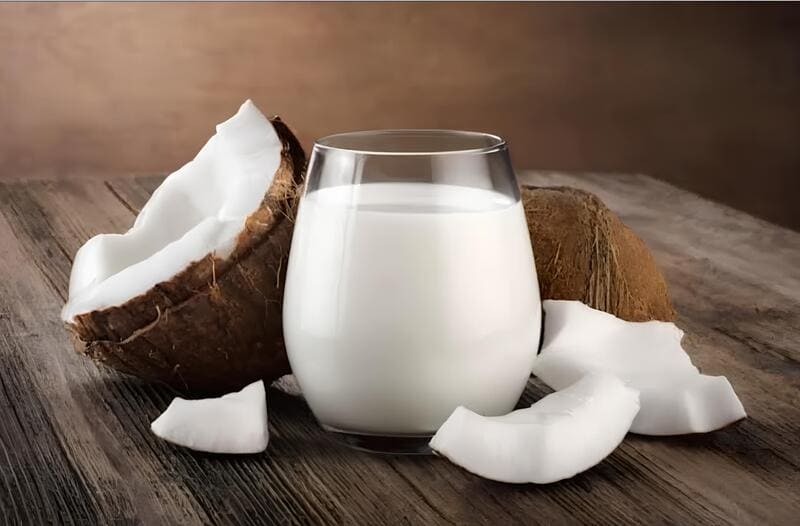
Sobia, a beloved Egyptian drink, emerges with particular prominence during the holy month of Ramadan. Known for its creamy texture and rich undertones of cinnamon and yeast, Sobia offers both refreshment and a cozy sense of tradition, harking back hundreds of years. The cultural importance of this beverage spans generations, linking today’s festivities to age-old practices.
There is considerable debate over the nature of Sobia, especially regarding its potential to ferment into an alcoholic drink. However, traditionally in Egyptian cuisine, Sobia remains a non-alcoholic thirst-quencher enjoyed by many, particularly during suhoor and iftar. Whether made with rice, bread, or coconut powder, its tantalizingly familiar yet unique flavor makes it a staple.
Ingredients
- 4 cups of room temperature water
- 1 cup of sugar
- 2 cups of stale bread pieces, roughly chopped
- 1 teaspoon active dry yeast
- 2 teaspoons ground cinnamon
- 1 teaspoon vanilla extract
Preparation
- Combine the chopped bread, sugar, cinnamon, and active dry yeast in a clean, large container.
- Pour the 4 cups of room temperature water over the dry ingredients, stirring well until the sugar dissolves.
- Cover the container loosely with a lid or cloth to allow for some airflow and prevent over-oxidation.
- Allow the mixture to ferment at room temperature for 24–48 hours, depending on the desired strength and flavor. Stir the mixture occasionally.
- After fermentation, strain the mixture through a fine cheesecloth or sieve to remove the solids, squeezing out as much liquid as possible.
- Add the vanilla extract to the filtered liquid and stir well.
- Chill the beverage in the refrigerator for at least an hour before serving.
- Pour into glasses and enjoy the refreshing, slightly effervescent drink.
Did you know?
Sobia is known by various names and versions across different cultures. In Saudi Arabia, it’s sometimes fermented to create a mildly alcoholic drink, while the Egyptian version generally remains non-alcoholic.
Curiously, what is Sobia made of can vary greatly – it can include bread, rice, or coconut powder as the main ingredient. The fermentation process is crucial, determining whether the final drink remains alcohol-free or contains a slight ethanol content.
This drink’s significance goes beyond just refreshment; it’s often tied to social and religious practices, especially during Ramadan. It’s believed that the cinnamon in Sobia not only adds flavor but also offers health benefits, such as anti-inflammatory properties and aiding digestion.
In Arabic markets, you might find Sobia powder available, providing a convenient way to prepare this beloved beverage. Each sip of this rejuvenating drink carries the history and tradition of communities, bringing a comforting and cherished aspect of Egyptian culture right into your glass.
